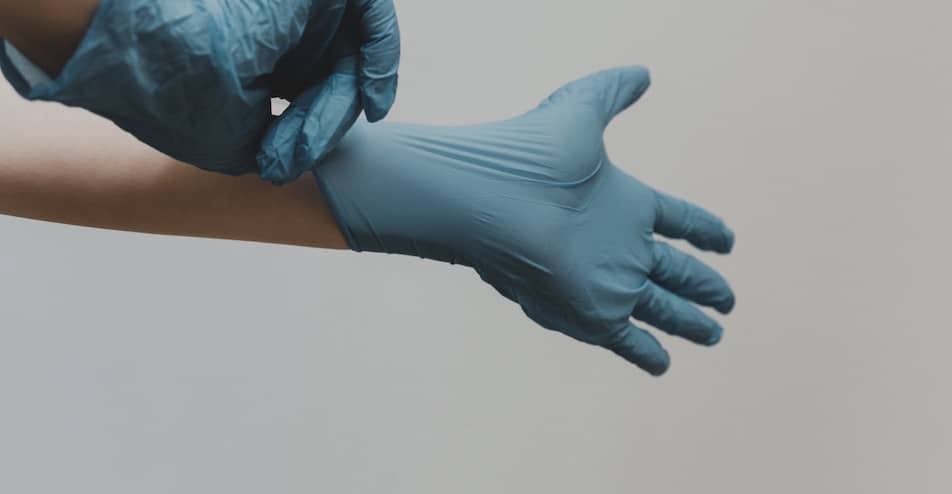Alright, chaps! I’m here again to talk to you about ‘man things’ this Movember and to make you feel uncomfortable! On today’s agenda – Prostate Cancer.
What is the prostate and who has one? It’s a gland found in the pelvis and its function is to produce a fluid that mixes with sperm to make semen.

The following people have a prostate:
- Men
- Trans-women*
- Non-binary people assigned male at birth**
- Some intersex people***
* The prostate is not removed during genital reconstructive surgery.
** A non-binary person may not identify as a man or a woman.
** A non-binary person may not identify as a man or a woman.
*** An intersex person may have both male and female sexual characteristics, and so might have a prostate.
It is the most common cancer in men in the UK, where 1 in 8 men will be diagnosed with it in their lifetime. It usually develops slowly, meaning there may be no signs of if for many years. The chances of developing prostate cancer increase with age, and most cases develop in men aged over 50. It’s most common in African-Caribbean men, and less common in Asian men.
You can find out more about your risk of developing prostate cancer here.
Prostate cancer can develop when cells in the prostate start to reproduce far more rapidly than normal, resulting in a tumour. Prostate cancer often grows slowly in the beginning, and may never cause any problems. Not everyone experiences symptoms, and often the cancer is only detected by a doctor during a routine check-up.
However, some men do experience symptoms, including changes in urinary or sexual function, that could indicate the presence of prostate cancer. These are:
However, some men do experience symptoms, including changes in urinary or sexual function, that could indicate the presence of prostate cancer. These are:
- A need to urinate frequently, particularly at night
- Difficulty starting urination or holding back urine
- Weak or interrupted flow of urine
- Painful or burning urination
- Difficulty in having an erection
- Painful ejaculation
- Blood in urine or semen
- Frequent pain or stiffness in the lower back, hips or upper thighs
If you’re displaying symptoms, get yourself down to see your doctor. Don’t put it off. Do it for you, and do it for the people who love and care about you.
Given the nature of this type of cancer, the symptoms, and the location of the prostate, it’s understandable that there may be some concerns over what a physical examination might look like. Fear not my friends! We’ve got this covered! Here you can find a link to The Last Leg’s Adam Hills having his prostate examined live on tv. He’s behind a screen, but you’ll see his face as he reacts to it happening, and you’ll probably be surprised by how quickly it’s over! And here you can find out more details about what exactly will happen before and during a rectal examination.
Ok, that’s enough from me. This is a perfectly normal thing to see your doctor about, so make sure you do. And when you do, encourage others to do the same. Talking about these experiences could save lives.
Also, a reminder that we’re raising money this Movember, and you can donate via this link. For those of you who may never heard of Movember, this is a charity raising awareness of men’s health, specifically mental health & suicide prevention, prostate cancer and testicular cancer.
And for more information about prostate cancer, you can visit the NHS website, and Prostate Cancer UK.
Until next time, look after yourselves!
Debi <3




